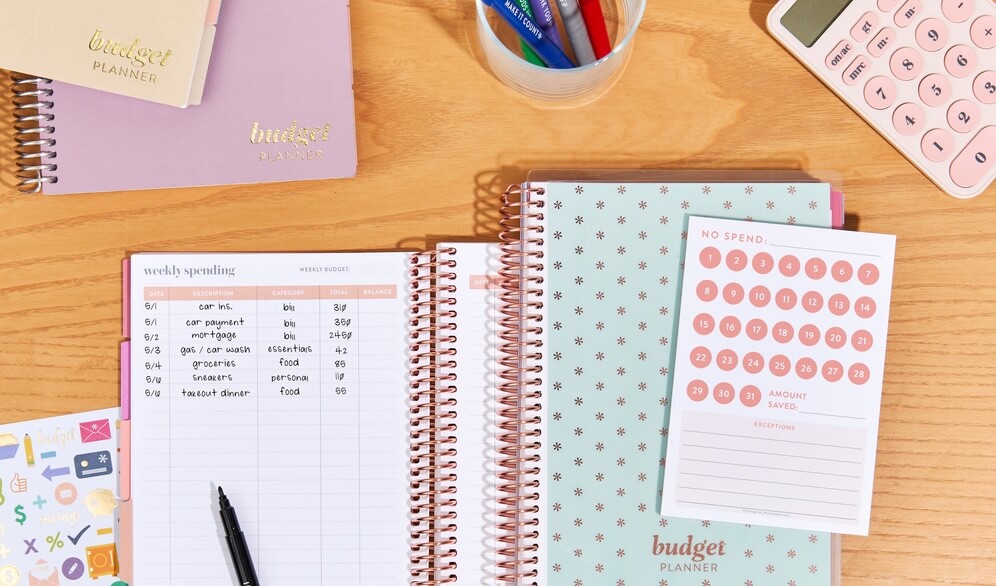A Simple Guide to Starting Your Budgeting Journey
Learning to manage your money can feel overwhelming at first, but it doesn’t have to be. Budgeting is all about creating a clear plan for how you’ll use your income. It helps you avoid unnecessary stress and gives you a sense of control over your financial life. Whether you’re earning a steady paycheck or juggling irregular income, having a personal system can bring structure and peace of mind.
Know Your Income and Expenses
Before you can build a budget, you need to understand how much money is coming in and going out each month. Write down all your sources of income, whether it’s from a full-time job, freelance work, or any side gigs. Then list your monthly expenses. Start with the essentials like rent, food, transportation, and bills. Don’t forget to include smaller costs like subscriptions or occasional splurges. Getting a complete picture helps you set a realistic budget that fits your lifestyle.

Create Categories That Reflect Your Life
Budgeting becomes easier when your expenses are broken down into categories. Think of things like groceries, housing, entertainment, debt payments, and savings. By assigning a portion of your income to each category, you make sure your money has a purpose. If you notice one category takes up too much of your income, you can adjust as needed. It’s okay if things aren’t perfect in the beginning—budgeting is a skill that improves over time.
Track and Adjust as You Go
Once your budget is in place, it’s important to track your spending regularly. You can use a simple notebook, a spreadsheet, or a budgeting app—whatever feels most natural to you. Compare your actual spending with the amounts you planned for each category. If you overspend in one area, make small adjustments next month. Sticking to a budget doesn’t mean being strict all the time. It’s more about staying aware of your habits and making small improvements.
Budgeting for Beginners: Start Small, Stay Consistent
When it comes to budgeting for beginners, the key is to keep things simple and consistent. Don’t worry about making a perfect plan on your first try. Focus on building a routine that works for you. As you get more comfortable, you can set financial goals, increase savings, or reduce debt. Budgeting is a journey, not a one-time fix. The more you practice, the more confident you’ll feel in your ability to handle money wisely.